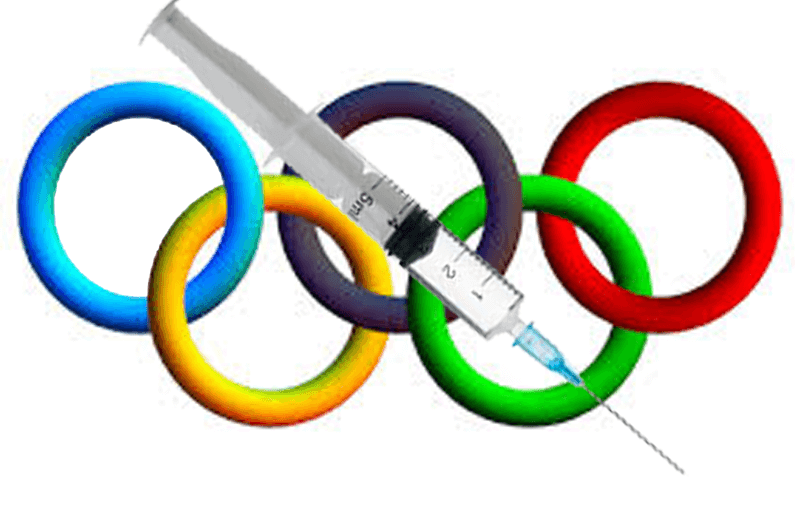Beijing Winter Olympics Clouded by Russian Doping Controversy
The most prestigious sporting stage for alpine athletes has finally come to a close. The 2022 Winter Olympics, lasting just over a fortnight, brought enjoyment to viewers not only in the form of sport, but also amid the variety of scandals and concerns that the games arose.
Despite the competition of the Beijing sporting events, a doping scandal instead took to the headlines of the games. Once again headed by the Russians, this time 15-year-old figure skater, Kamila Valieva was spotlighted by a positive drug test which revealed traces of trimetazidine in her system. Russian senior and avid figure-skating enthusiast, Sean Tomany, “was looking forward to seeing her perform… However, the scandal made [him] a bit disheartened.”
Russia, who was banned from all international sport for a total of four years back in 2019 following their multitude of anti-doping violations, has sprung the question as to if the consumption was intentional or not due to repeat offenses. Trimetazidine, a drug used for heart-related conditions, has been blacklisted from the World Olympics since 2014.
Sophomore, Tommy McCabe said that he “one-hundred percent understood the concern given previous circumstances, but he’s all for letting the girl compete.”
Because of Kamila’s age (under 16), she was ruled a protected person under the World Anti-Doping Agency’s doping code. This decision allowed her to continue to compete in the Olympic games, eventually going on to win the gold medal in Women’s Team Figure Skating. Junior Garrett Graham expressed his excitement with her ultimate medaling, stating that “It was a great experience you know, seeing her overcome such an obstacle and persevere through it.”
Although Russia is still banned from competing in international sport until December of 2022, Kamilia Valieva took her gold medal back to her home country with pride.

My name is Joe Gitti Di Vita, and I love everything sports! As a senior, my interests include fishing, golfing and running track, where I am currently...







